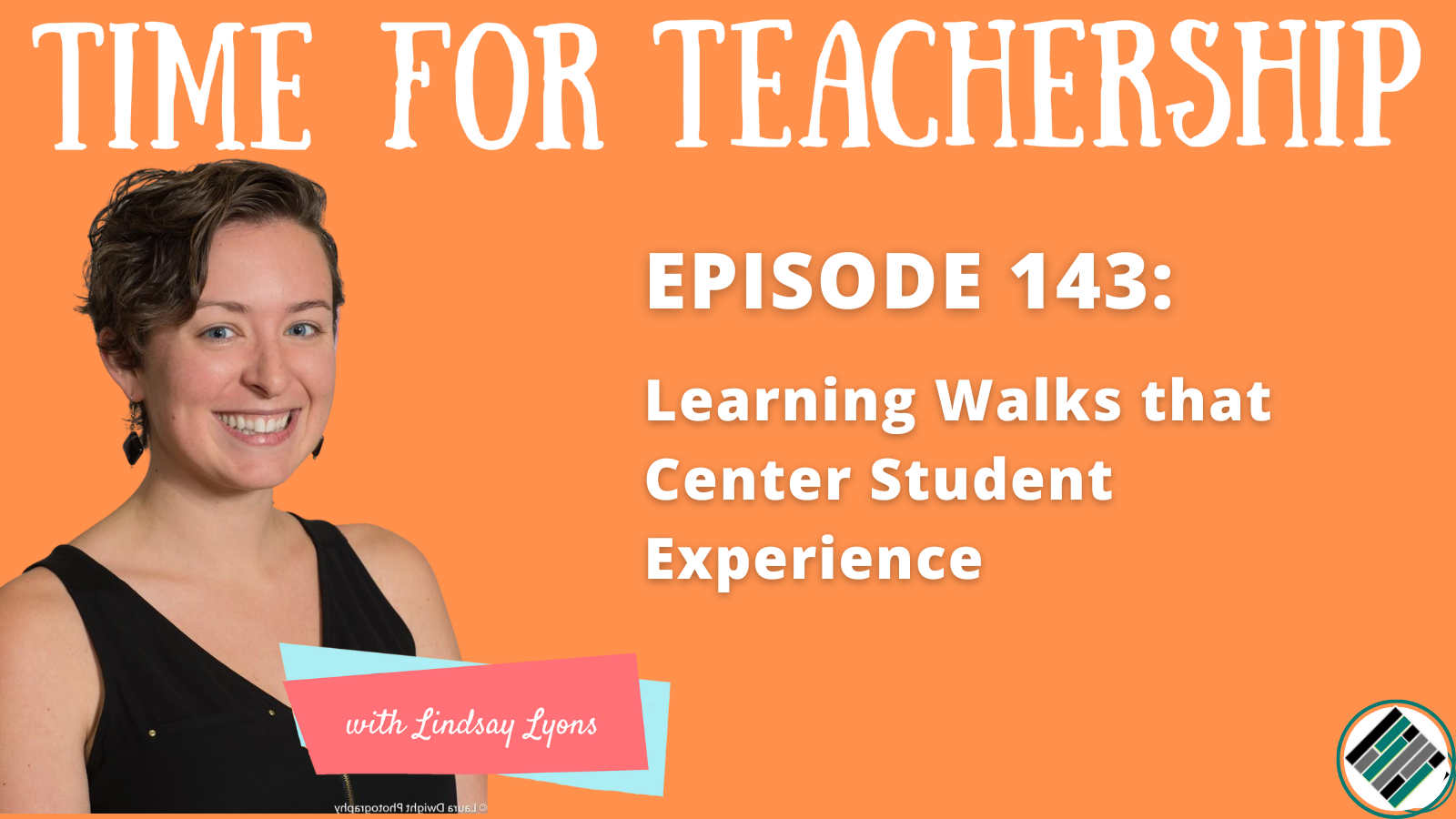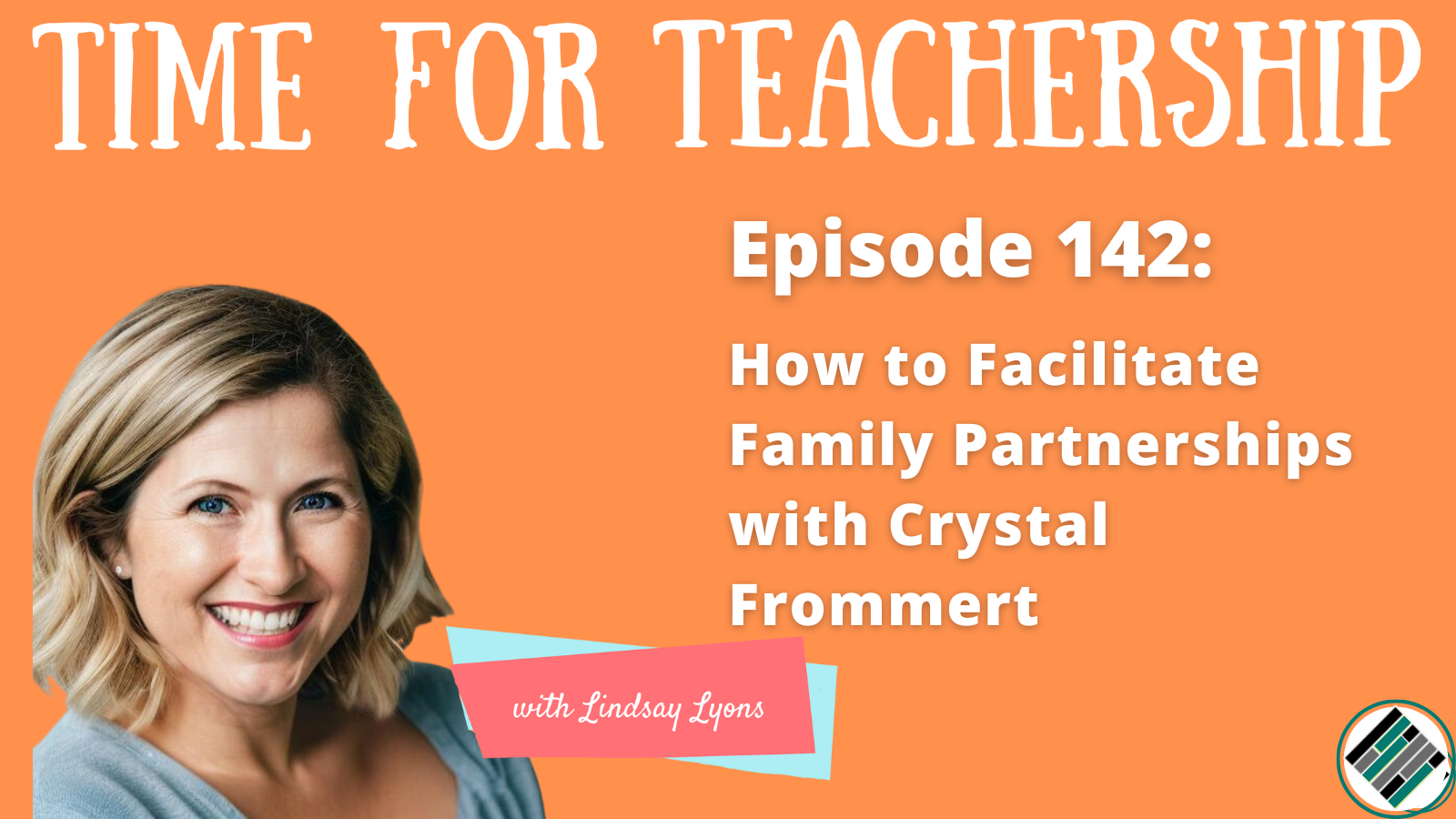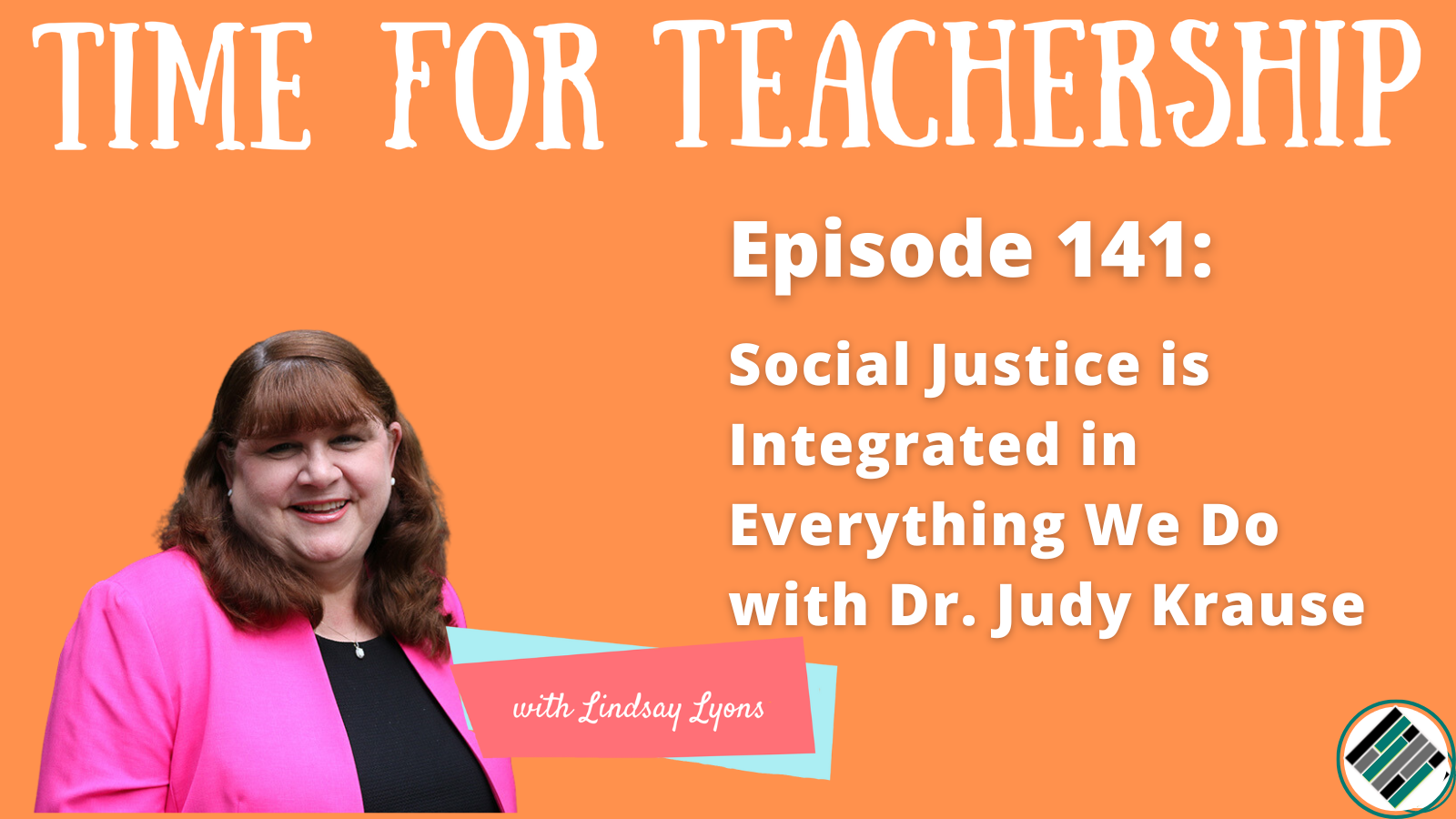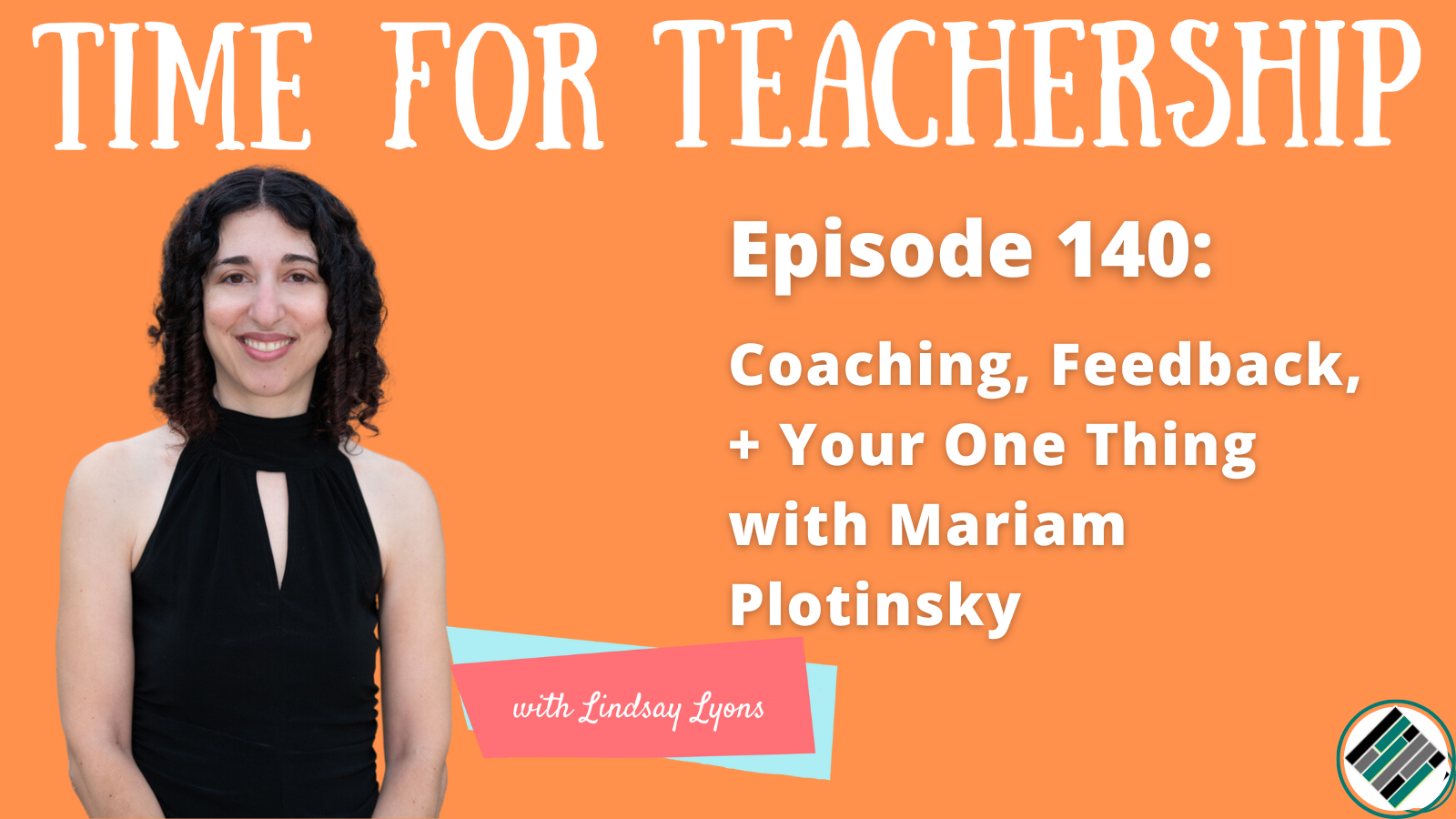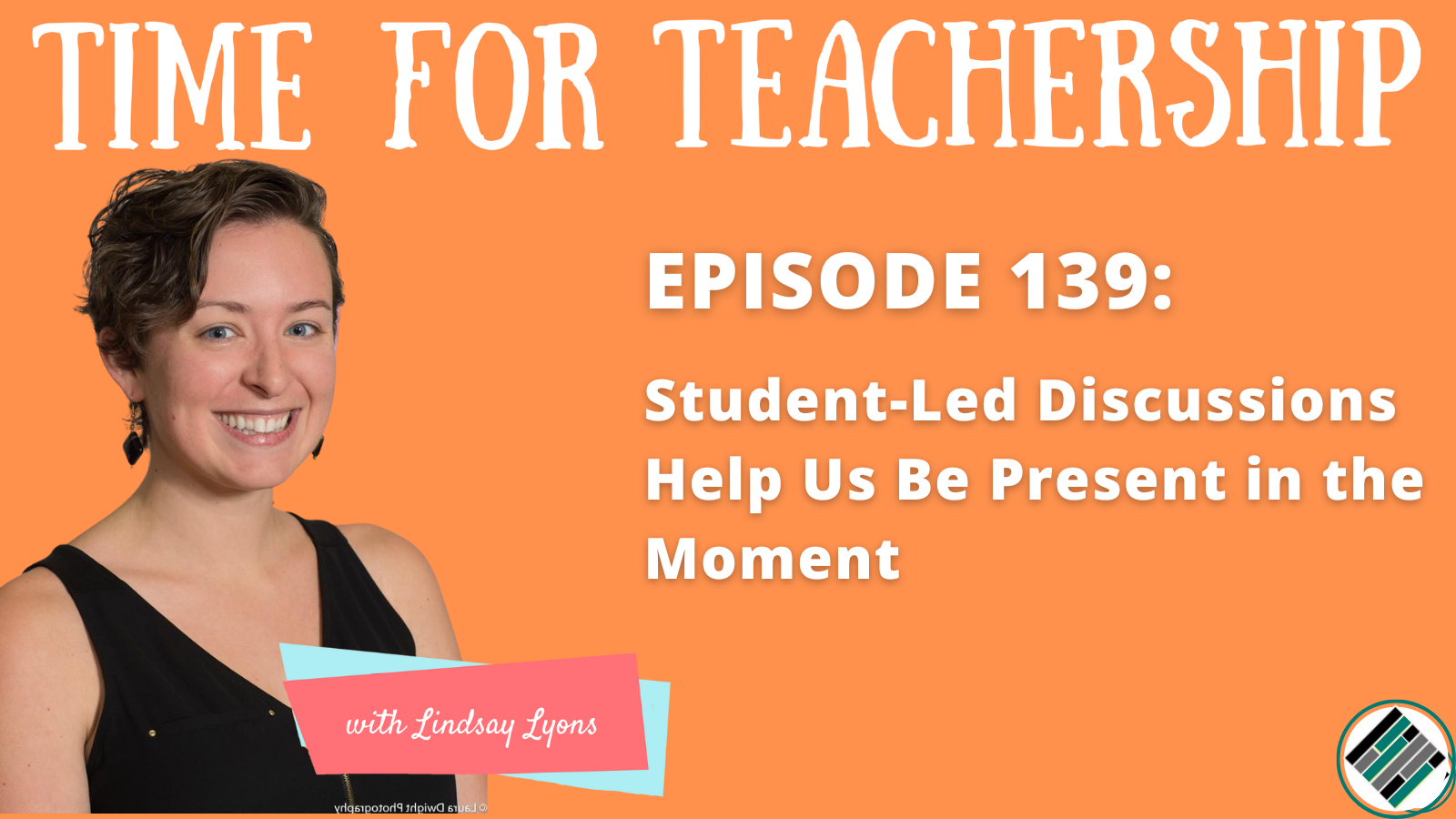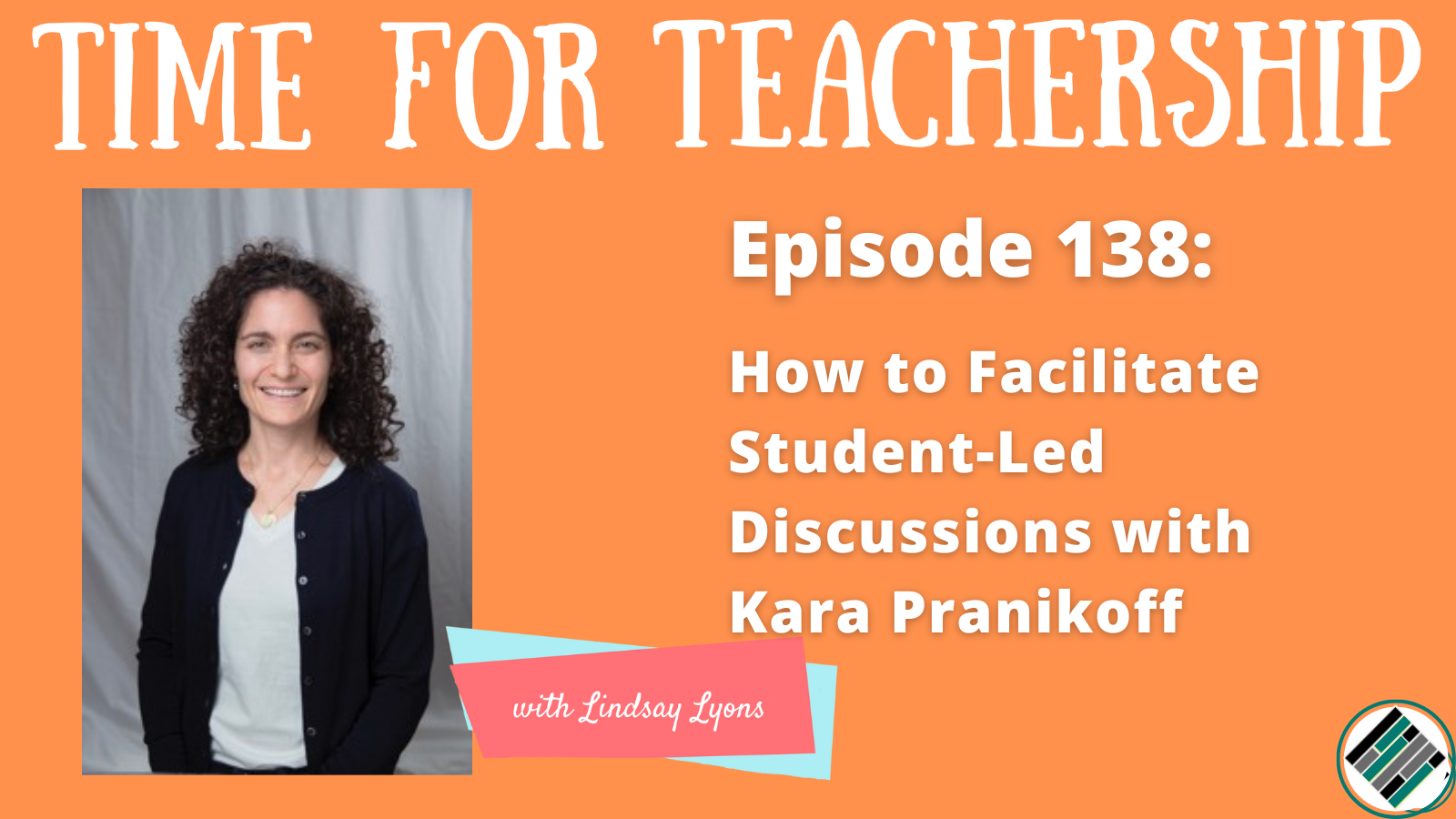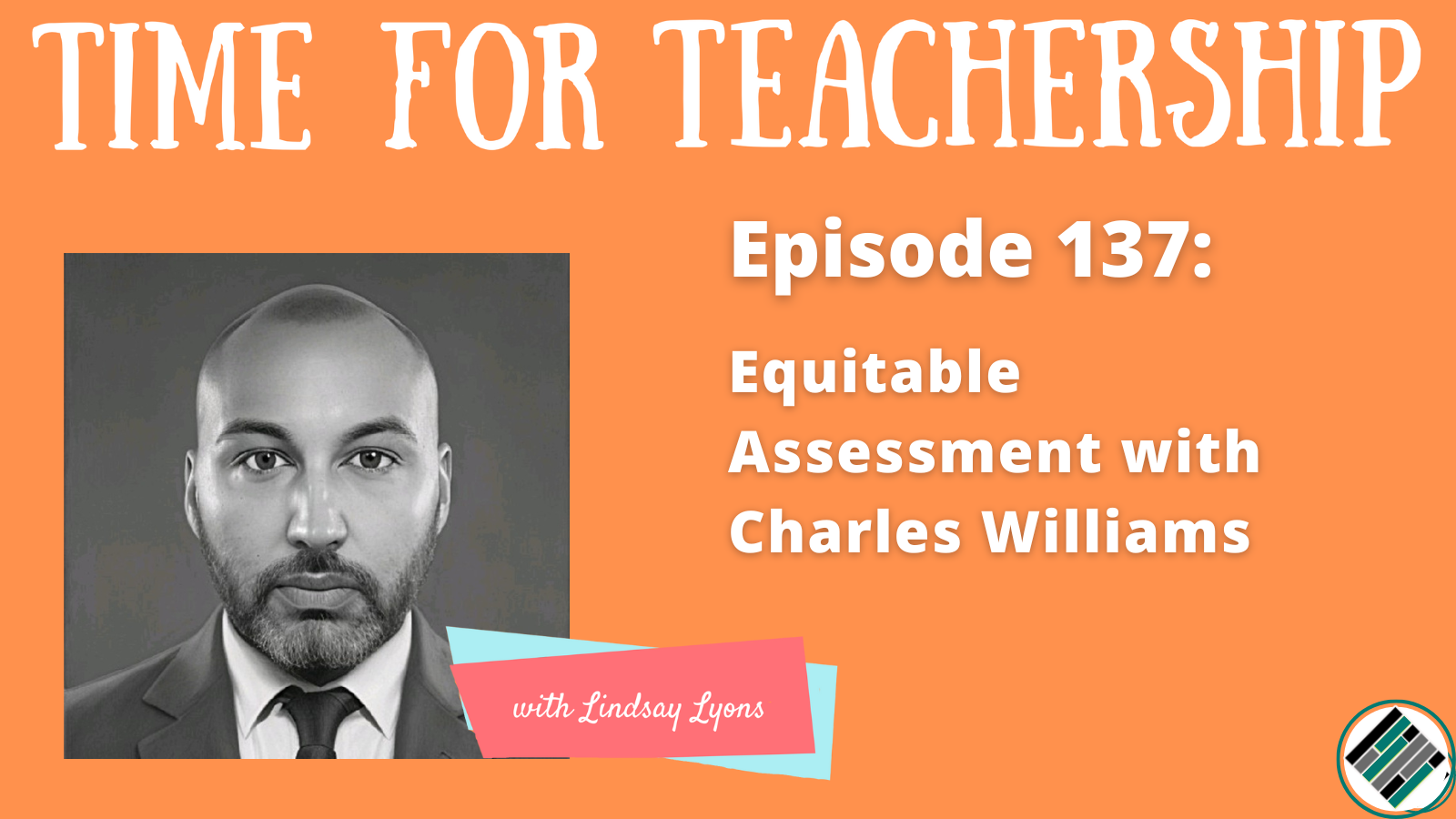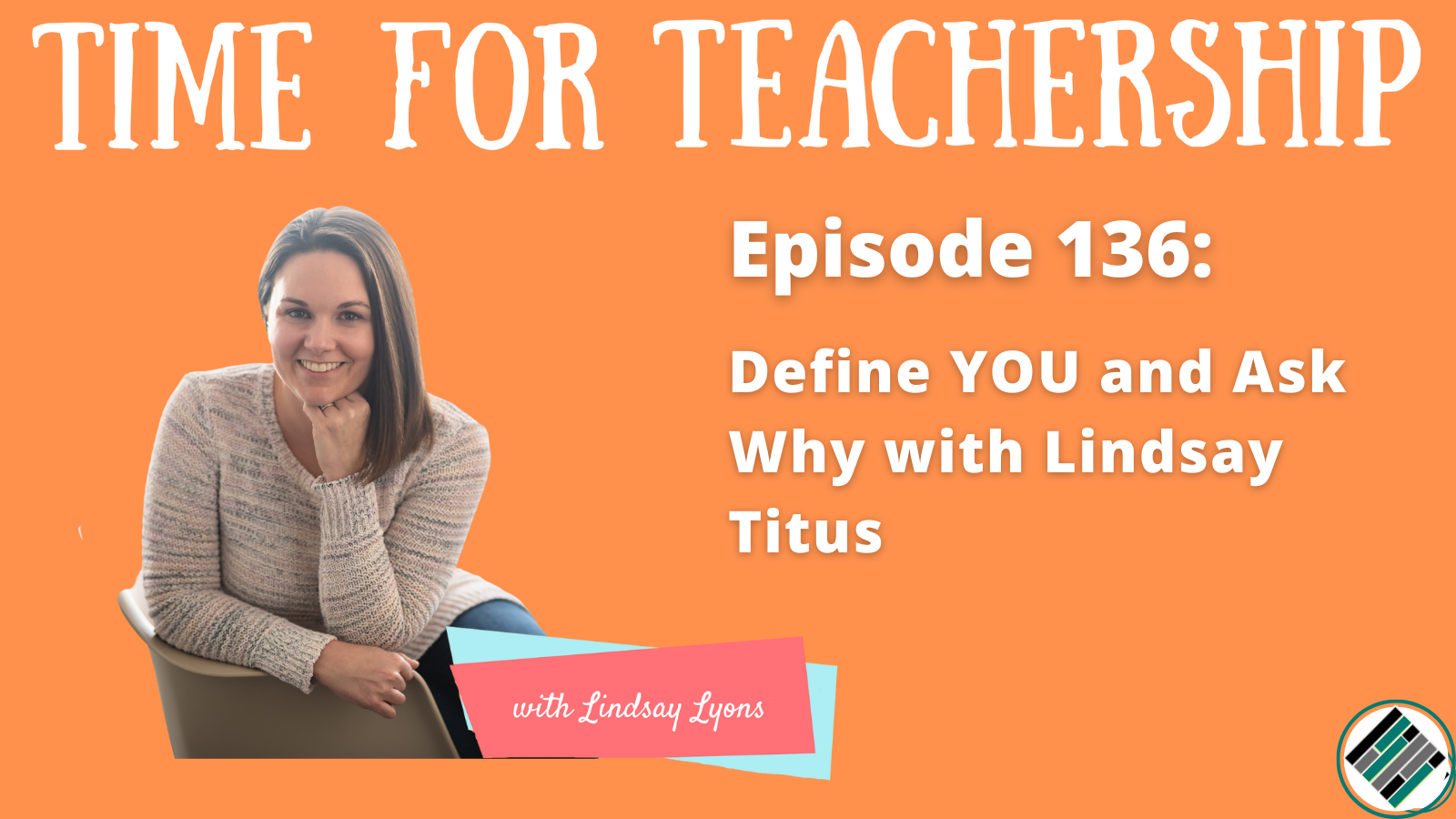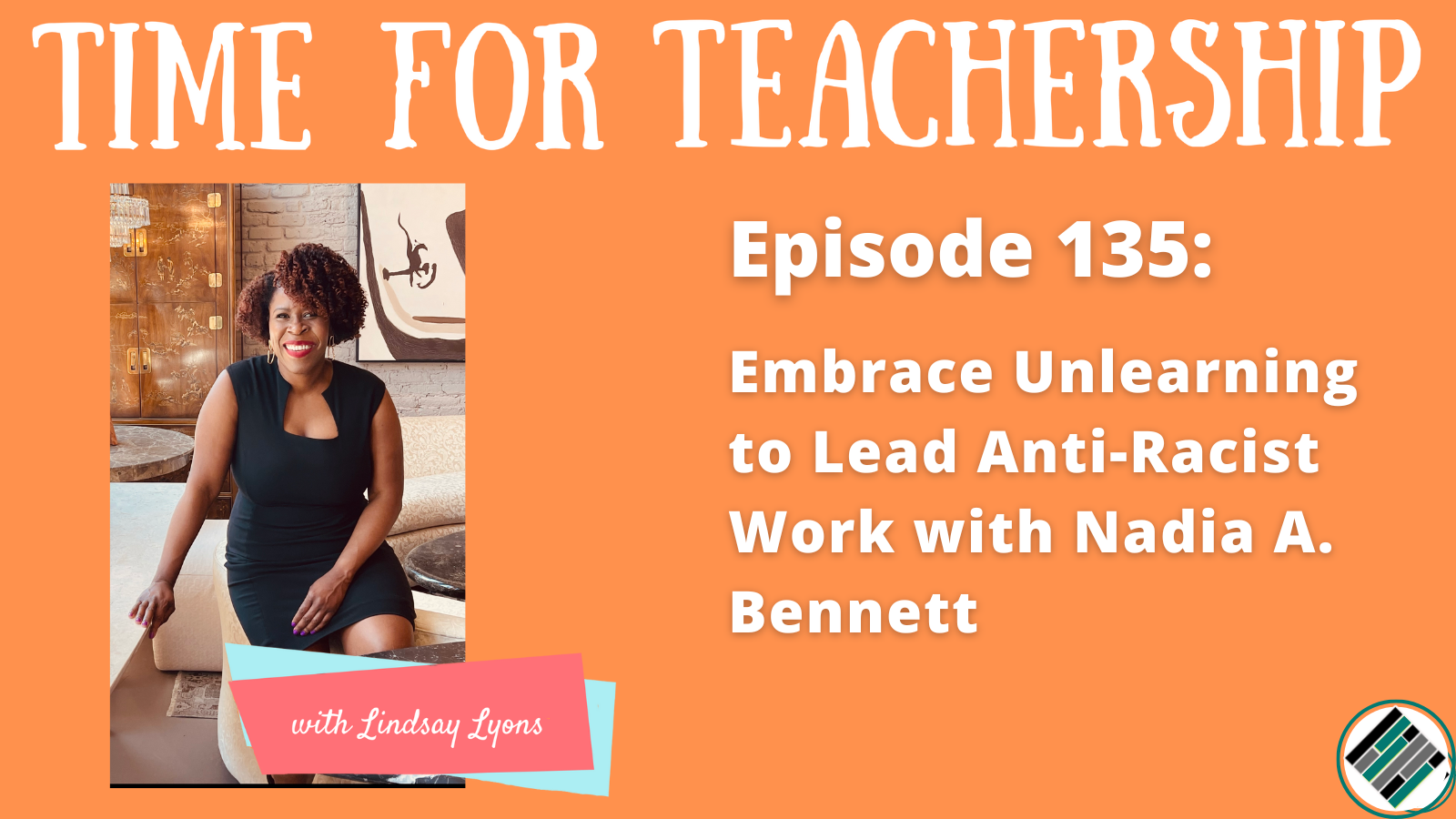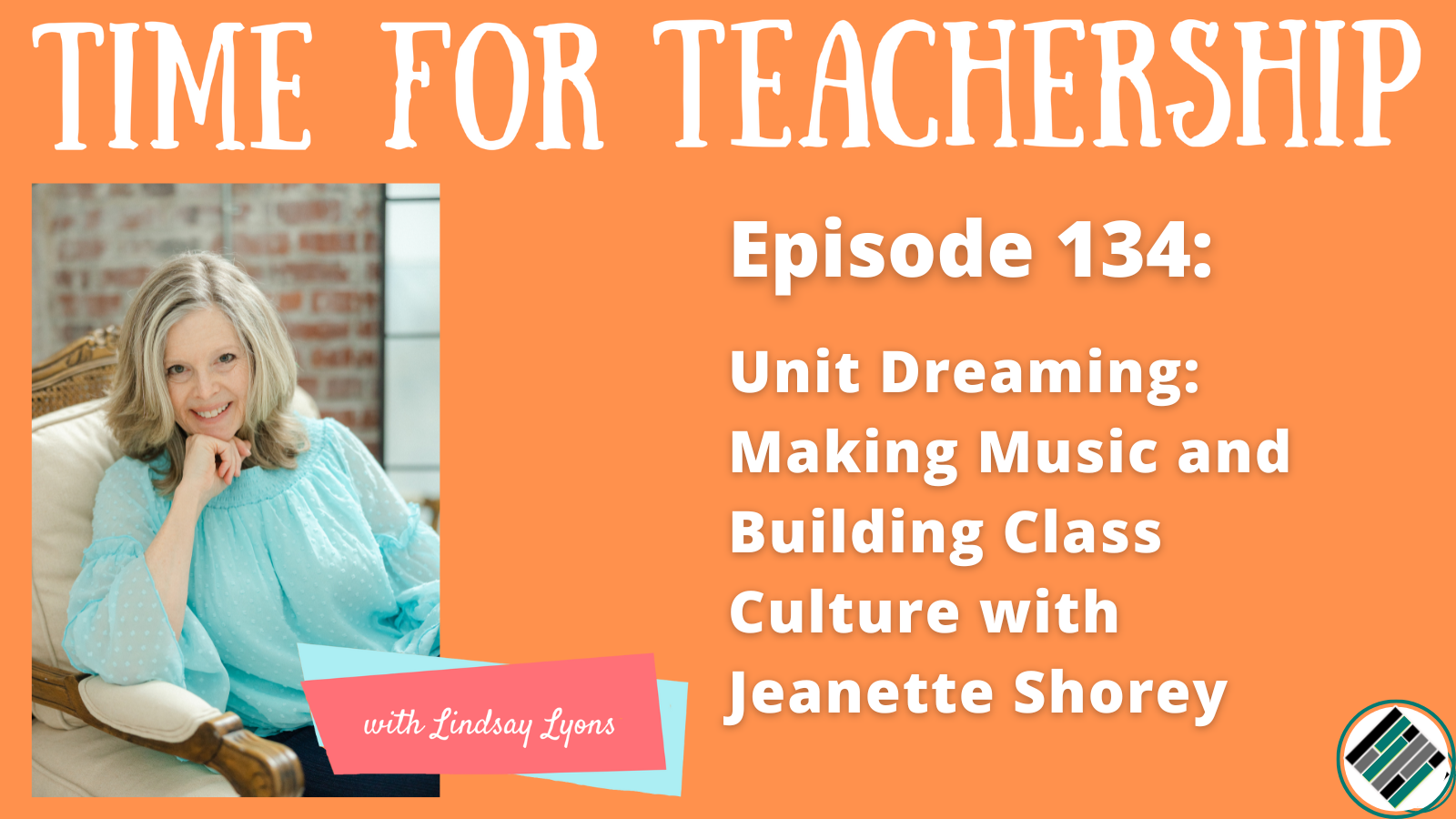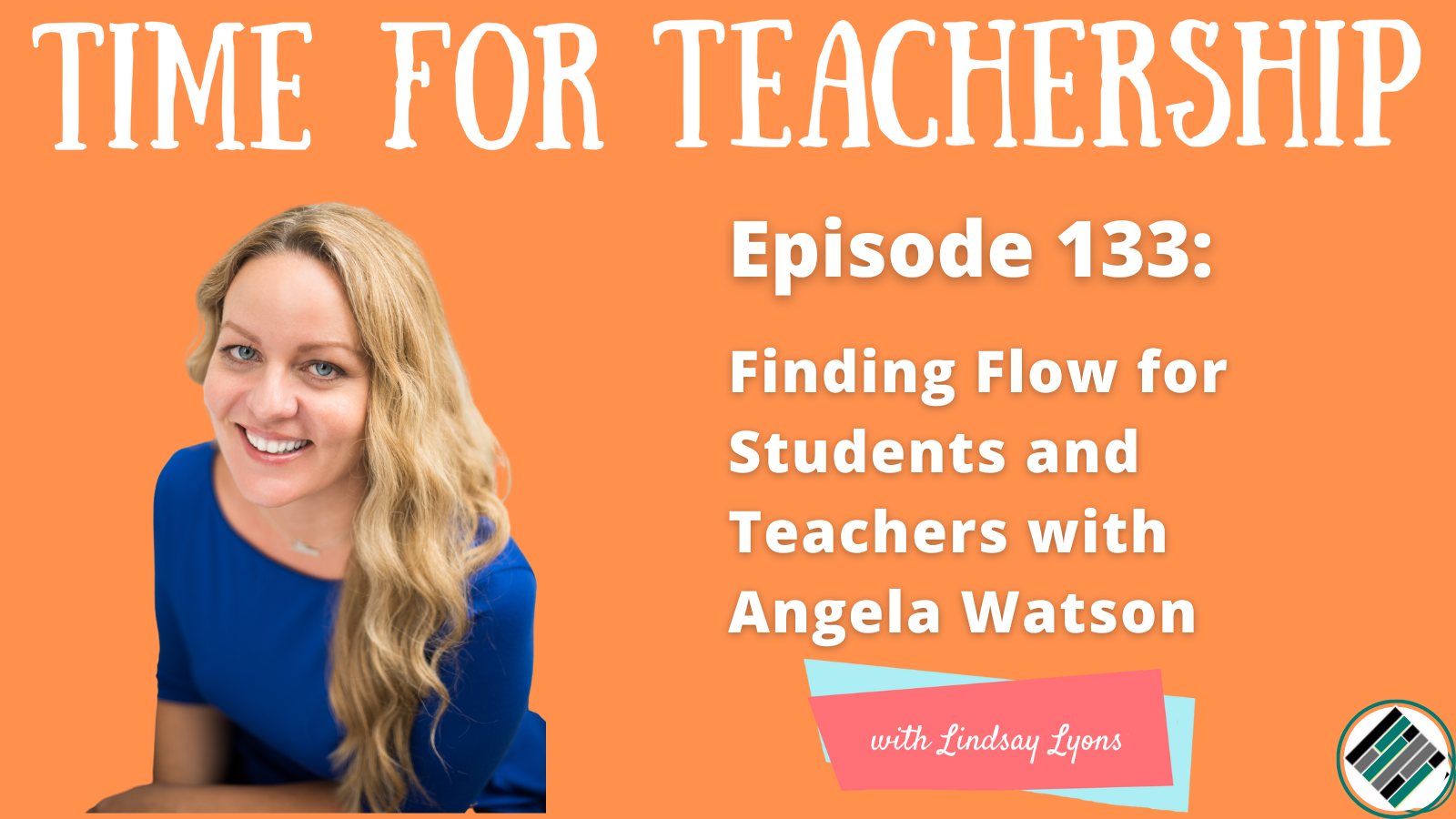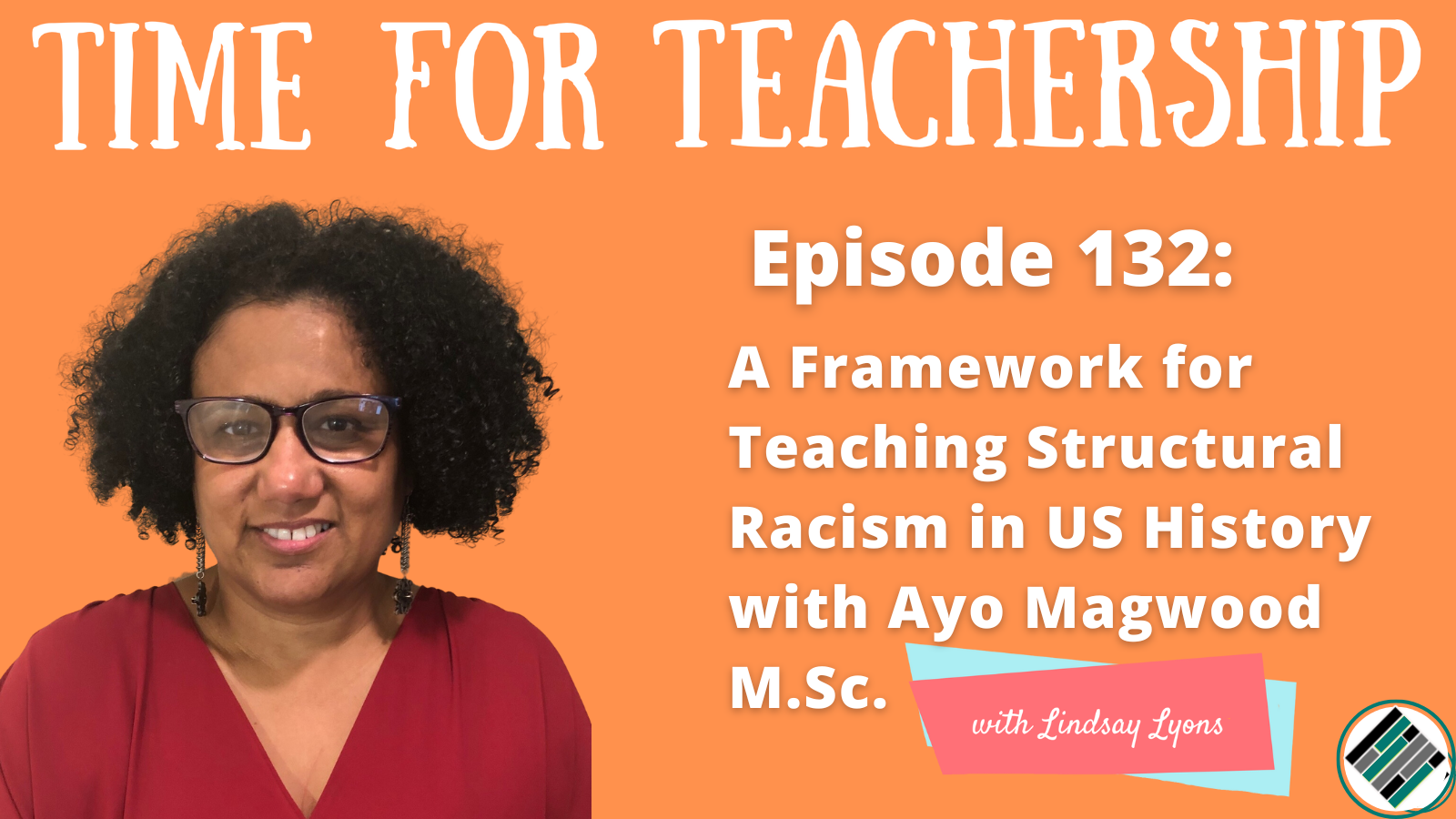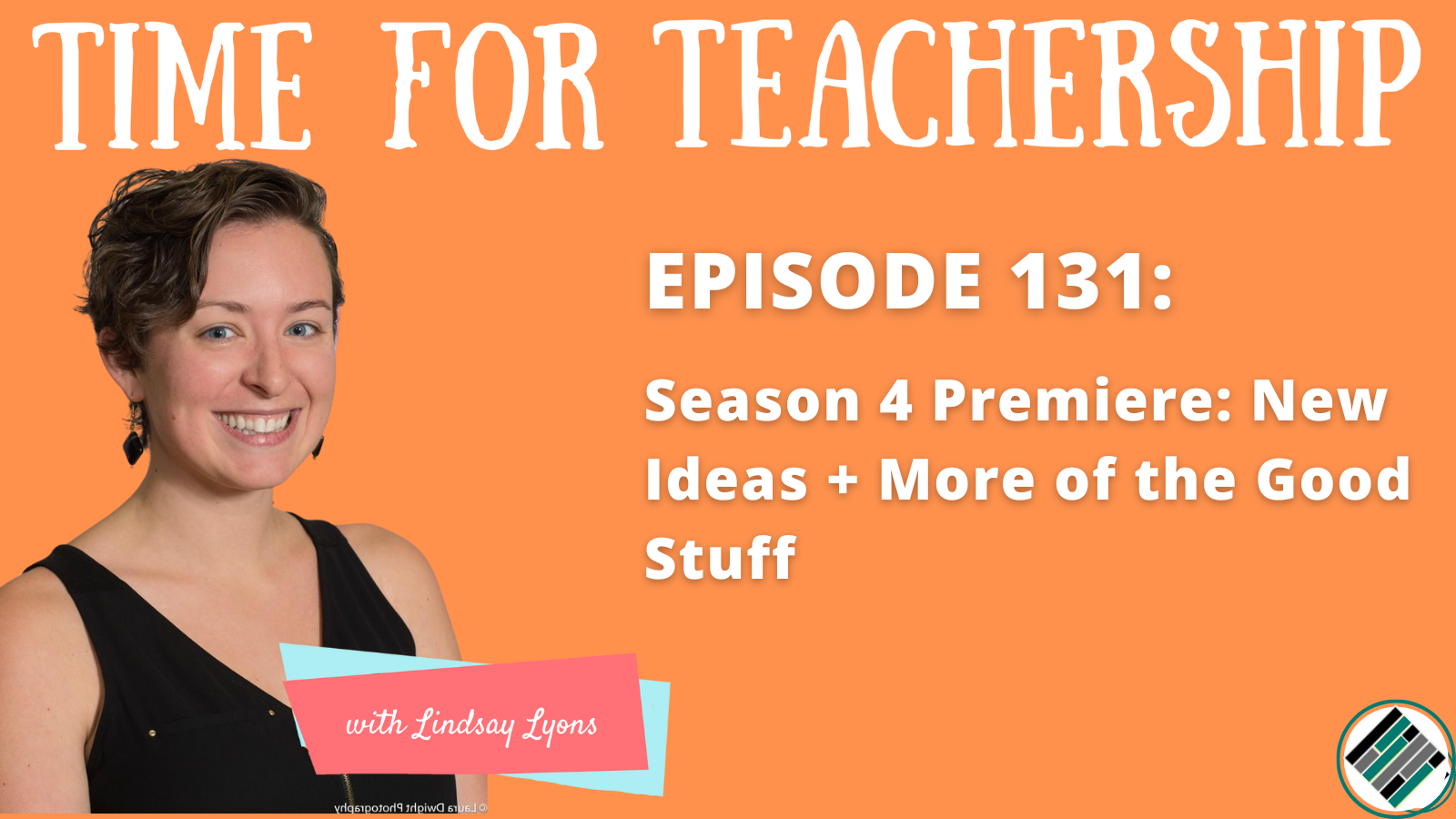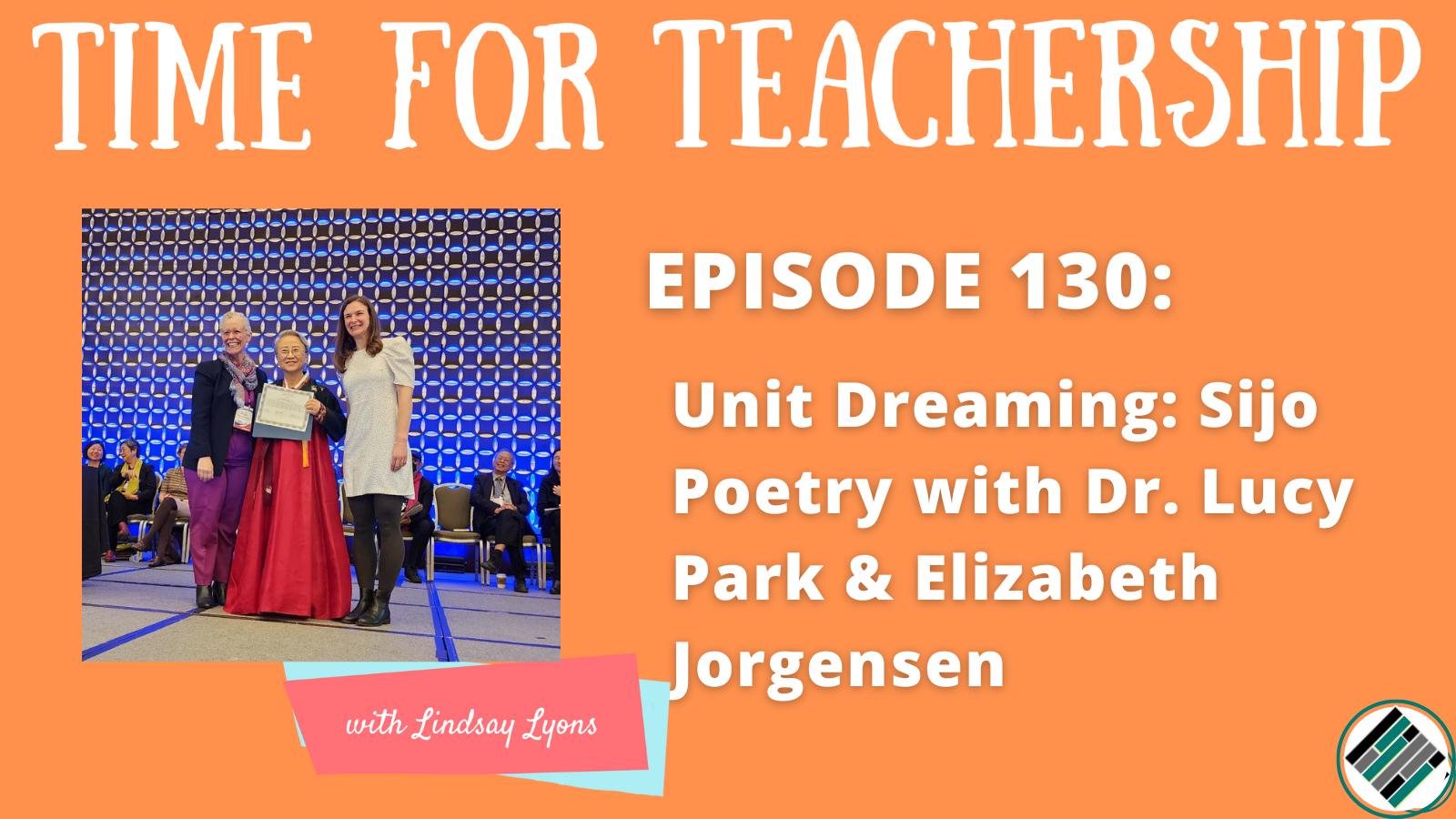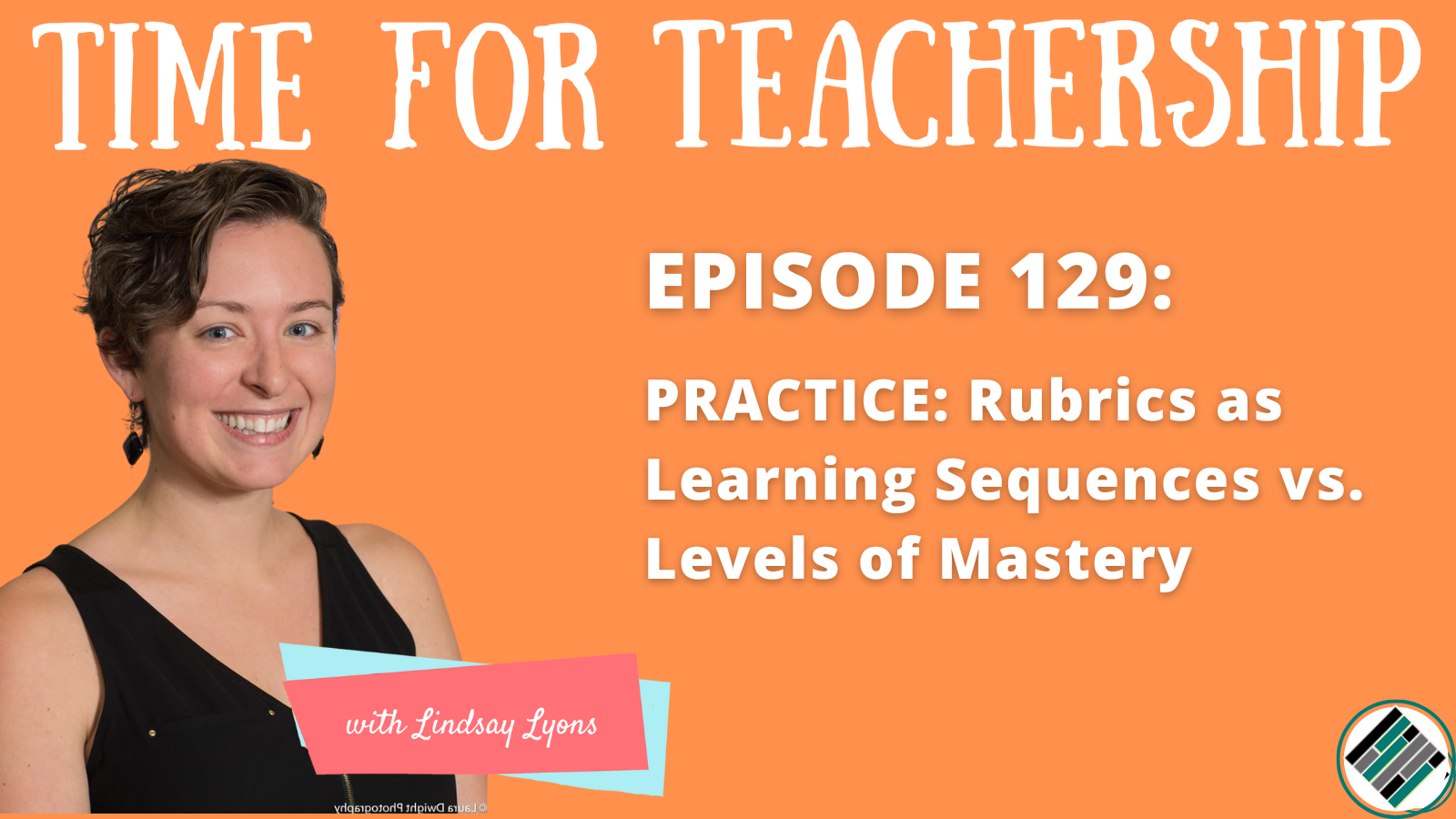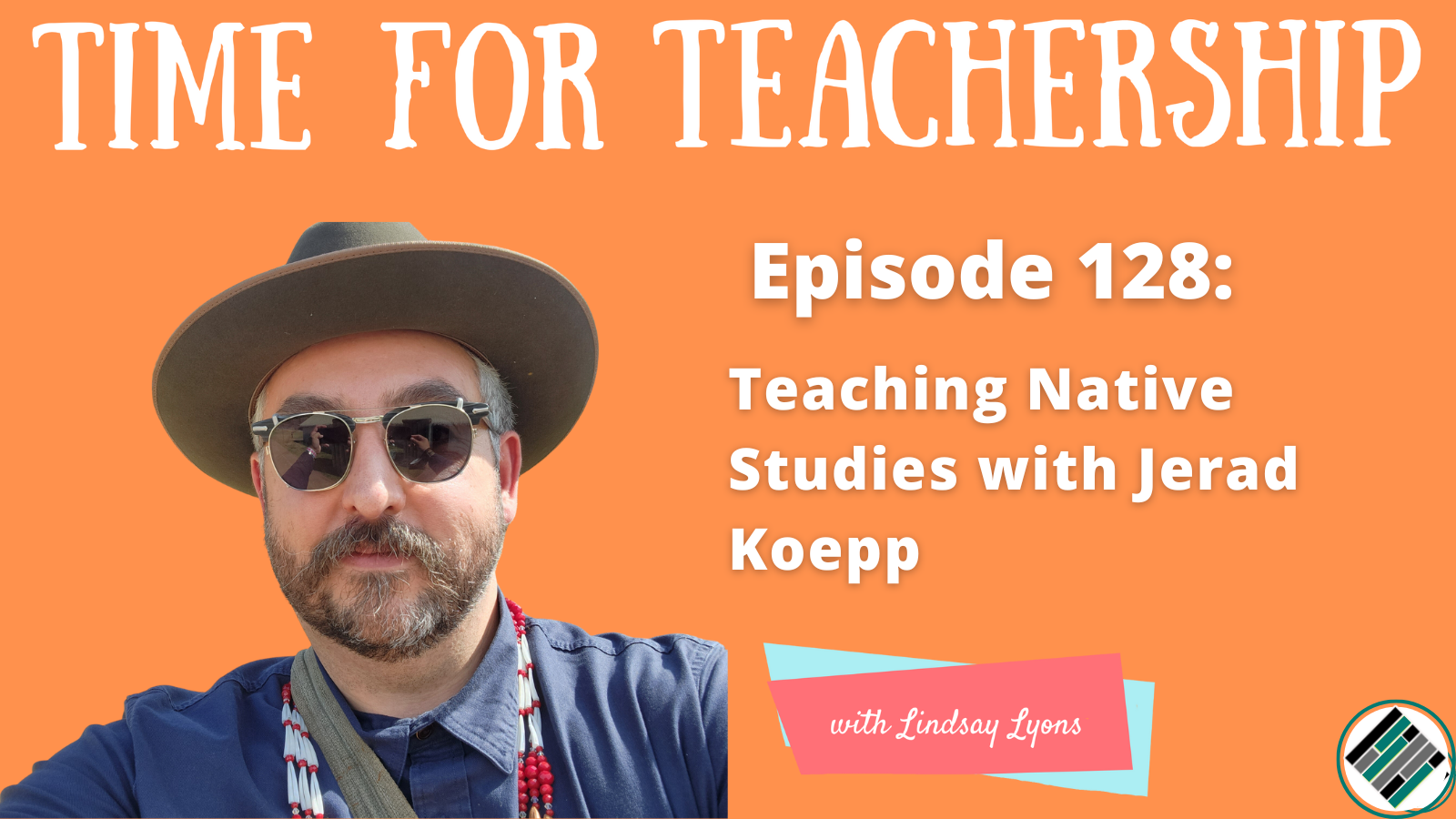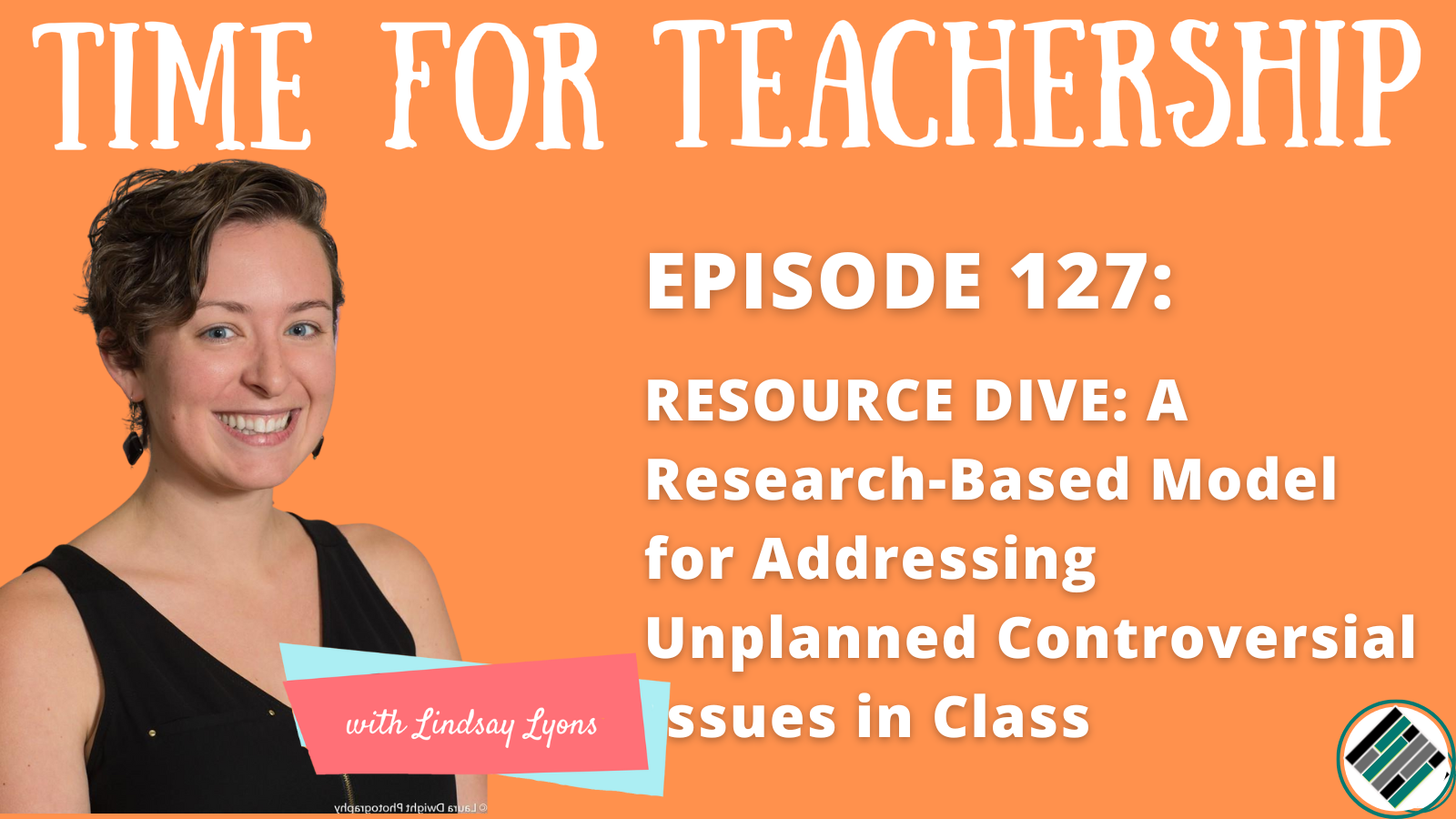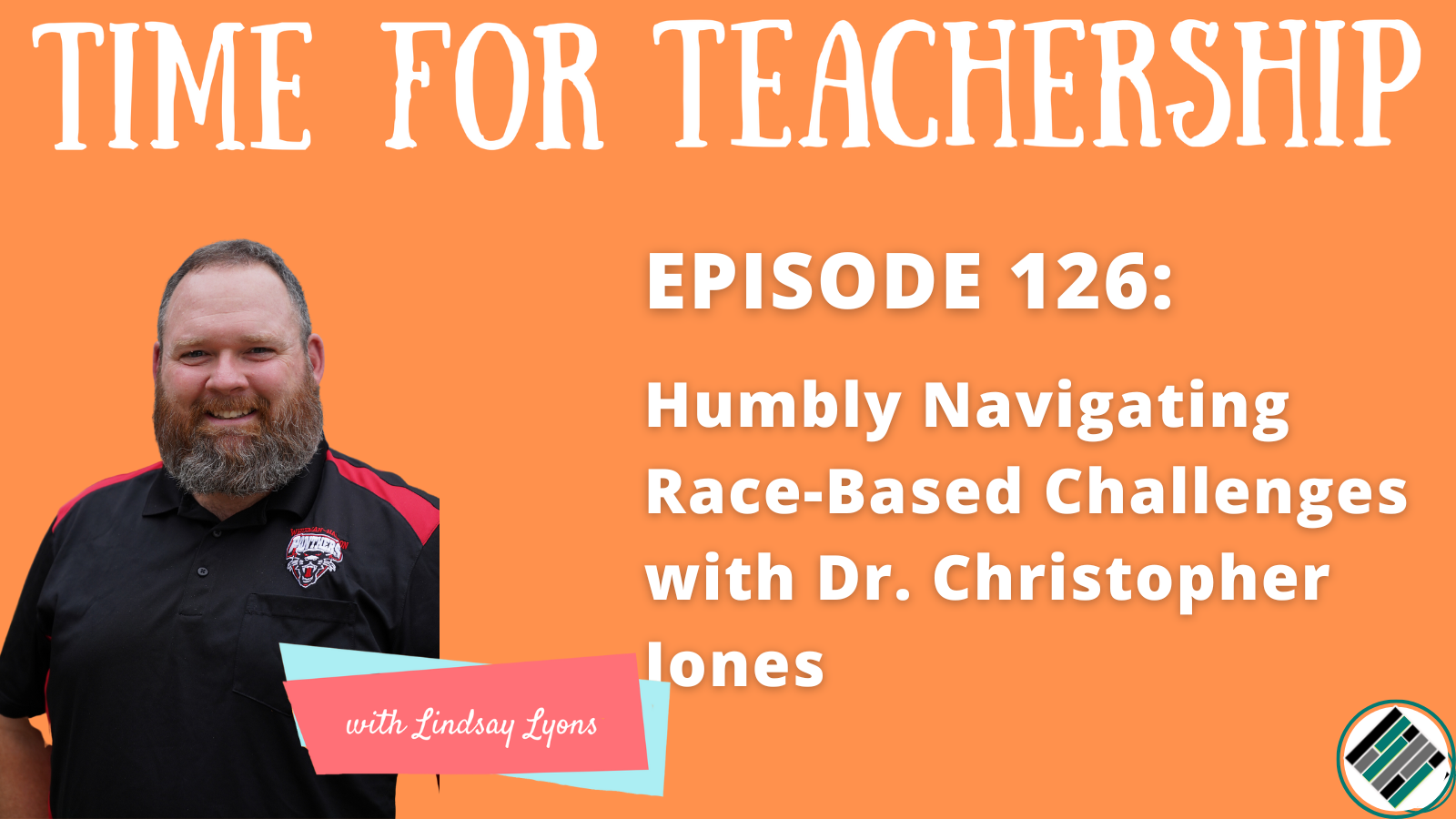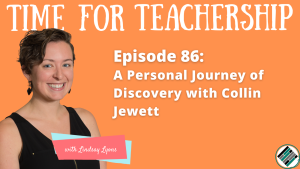
Ask someone what the purpose of school and the educational system is, and they’ll say: to help students learn and prepare them for the future. But what kind of future are we preparing them for? Ideally to live as happy, healthy, whole members of a democratic society. Does the current education system really do that?
Collin Jewett was a recent guest on the Time for Teachership podcast. From his perspective as an accelerated learning and memory coach, schools are authoritarian in structure and operate on top-down decision-making. Is that the best way to prepare them to live in a democratic society?
From radical systemic overhaul to practical next steps, Collin shared his ideas on how we can get back to what learning is all about: helping students find their own personal journey of discovery.
The Purpose of Education
The education system as it currently exists is a product of the industrial system. As Collin described, our society needs people to fill certain roles and education helps shape them into that. The result of this is the commodification of students and learning, focused on outcomes and specific data points.
But we know that the education system is broken and not serving all students. So, it’s time to think critically and ask some questions:
What is the purpose of education?
Is the current system serving student’s learning?
How do people actually learn?
To bring change to the education system, it needs to start from a point of curiosity about whether what we’re doing is working. Often, people accept the status quo as the only option, but if we start digging deeper, we can see what kind of work needs to be done.
Learning as a Personal Journey of Discovery
Collin defines learning as a personal journey of discovery. To make this a reality, we need to democratize education. Students need more say than they have on the student leadership committee, just making decisions about prom or other events. For them to learn they need to go on a personal journey, which requires a choice and autonomy.
An example of this in practice is Sudbury Valley School, where Collin has visited and researched. They have a radical—though we can question if it should be deemed such!—model of learning that includes democratic decision making, no formalized classrooms, and complete freedom for students to do what they want. And here’s the thing—it works. Follow up studies on Sudbury Valley’s graduates show that they’ve gone on to ivy league schools, successful jobs, and entrepreneurship.
Practical Steps for Educators
Until there is a massive systemic overhaul, we need think about the practical next step. What can we do in our classrooms to encourage learning as a personal journey of discovery? Collin had a few ideas:
Ditch the labels. We must stop calling students lazy or unmotivated when we’re forcing them to learn something they aren’t interested in. Instead, reframe the problem and get students to pursue their passions and interests and you’ll quickly see them take interest.
Focus on today. Students are often asked, “What do you want to do or be in the future?” But the future is far, it’s uncertain, and it’s confusing. Instead, we can ask, “What do you want to do today? What do you care about now?” This focuses them in the present and gives motivation to pursue learning and growth.
Be their favorite teacher. When polled, students say that their favorite class was the one their favorite teacher taught. It’s not about the subject—it’s about real, genuine connections between teach and student.
It’s time to re-think learning. The current top-down authoritarian model is not preparing students to live and thrive in a democratic society. Instead, we need to introduce choice and autonomy, letting our students create and explore their own personal journey of discovery.
If you want to keep up with Collin, check out his course, Discover Your Inner SuperLearner. Also make sure to catch his full interview, along with other amazing guests, on the Time for Teachership podcast.
Quotes
5:52 “Learning is a personal journey of discovery … What are we doing in school that is allowing people to have a personal journey of discovery, and what are we doing to prevent that?”
21:25 “That’s how humans are wired—we’re curious and we want to grow, we desire growth. We actually pursue the path of most resistance of the things we care about, not the path of least resistance.”
34:45 “Learning starts with curiosity. People hear that and they’re like, ‘Oh, great. Learning starts with curiosity—whatever.’ But what they don’t realize the practical, tangible meaning of that which is if you are not asking questions, you are not learning. And you won’t learn. Or your learning will be inhibited, or be slow, or go the wrong direction.”

